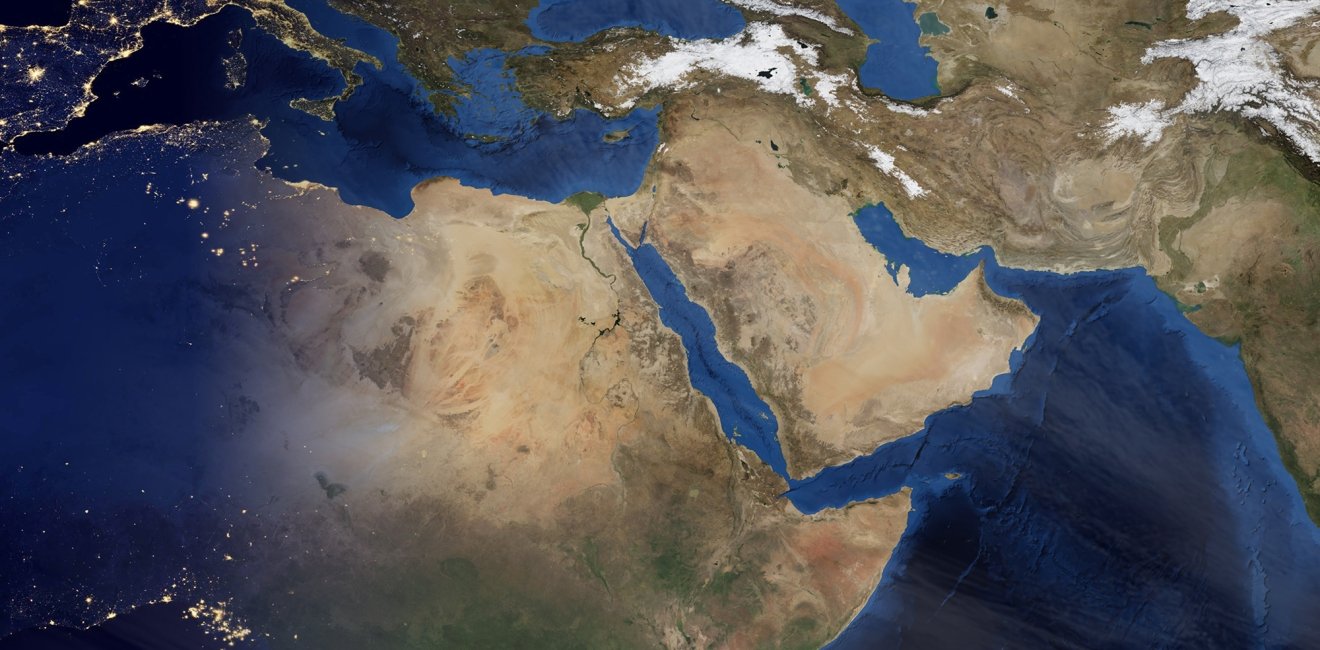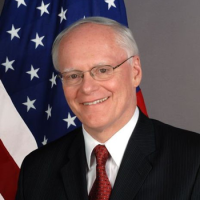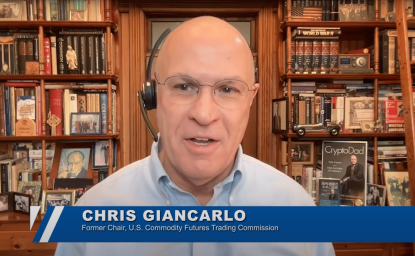On the Horizon 2021 | Middle East
Here are three things to watch in the Middle East in 2021.
Here are three things to watch in the Middle East in 2021.

President-elect Biden has pledged to reenter the Joint Comprehensive Plan of Action (JCPOA) as part of his commitment to restrict Iran’s access to a nuclear weapon. Yet President Trump’s “maximum pressure” policy, as well as developments such as the assassination of Iran’s top nuclear scientist, have made reengagement with the Islamic Republic more complicated. The new U.S. President will also face pushback on the domestic front—as well as from regional partners, including Israel, Saudi Arabia, and the United Arab Emirates—to renegotiate the JCPOA to further limit Iran’s disruptive activities. Iran’s leaders are likely to defer any major diplomatic decisions until its own presidential elections are held in June. There is little doubt, however, that hardliners have strengthened their hand under the Trump administration’s maximum pressure campaign. Return to the agreement may prove difficult.
The Trump administration’s Middle East policy drastically altered Arab-Israeli relations and the Palestinian question. With the help of the U.S. president, Prime Minister Benjamin Netanyahu achieved full normalization of relations with the UAE and Bahrain (as a first step), and then with Sudan and Morocco—establishing greater cultural and commercial ties than exist in Israel’s agreements with Jordan and Egypt. These new deals also effectively diminish prospects for a two-state solution, despite that fact that they propose to halt threats of Israeli annexation of the West Bank. Netanyahu has disregarded previous attempts to slow the spread of settlements, and he is consolidating settlement activity before Trump leaves office. The Palestinians are evincing signs of greater collaboration, anticipating a more engaged and inclusive Biden administration. Despite successes, Netanyahu’s premiership is threatened by bribery charges and an increasingly-agitated populace disenchanted with his government’s mismanagement of COVID-19 response and a declining economy.
Since 2019, four Arab States have faced major new challenges to their governments and ruling elites: Sudan, Algeria, Iraq, and Lebanon. Though unrest has subsided under COVID-19 conditions, most demands presented by opposition movements remain unmet. The Biden administration will have to act quickly to ensure that Sudan’s transition does not devolve into a power struggle between the civil government and the military. U.S. policymakers also must reinvigorate the State Department and refine its policies to address both regional protests and the increasingly sophisticated mass movements which are likely to reemerge in deteriorating socioeconomic and political conditions. It remains in the U.S. interest to help its regional partners stabilize politically and increase their capacity to fight corruption, provide services, and increase employment in a productive and integrated private sector.





The Wilson Center’s Middle East Program serves as a crucial resource for the policymaking community and beyond, providing analyses and research that helps inform US foreign policymaking, stimulates public debate, and expands knowledge about issues in the wider Middle East and North Africa (MENA) region. Read more


